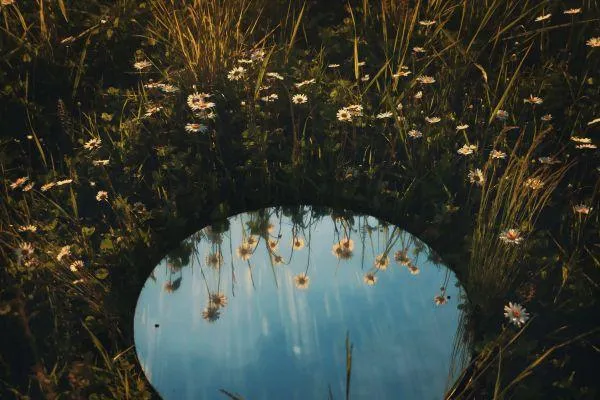
Looking Back, Moving Forward: Sustainability Insights from 2025 in Early Childhood Education
As 2025 draws to a close, it’s a good time to pause and reflect on the sustainability insights that have shaped early childhood education this year. From the classroom to the garden, children have been demonstrating care, curiosity, and collaboration—often in ways that go unnoticed.
This series of reflections invites educators to look back on what’s already happening, reconnect with practices that have worked well, and imagine how these ideas can grow in the coming year. Sustainability isn’t about adding extra activities; it’s about recognising and amplifying the thinking that’s already there.
Sustainability in Everyday Play
Children demonstrate sustainability through everyday routines. Whether reusing materials, caring for plants, or negotiating turn-taking, these moments reveal values of responsibility, fairness, and connection.
Reflecting on these actions helps educators see children as co-researchers and collaborators in sustainability, aligning with the EYLF 2.0 Sustainability Principle and broader early learning frameworks.
Scenario 1: Materials as Resources, Not Waste
Imagine a group of children preparing a craft for families. Instead of reaching for new materials, they explore a collection of recycled materials. They discuss which pieces can be repurposed and how they might combine them in new ways. Through this process, children are not just being creative, they're innovating with what’s already available, seeing value in what others might consider waste.
Imagine next year:
You might start planning with questions like: “How can we transform existing materials into meaningful learning experiences?” or “Which everyday items can become tools for creativity and sustainability?”
This approach reframes ordinary objects as resources full of possibility, supporting children to develop critical thinking, problem-solving, and environmental awareness—all within everyday play.
Scenario 2: Caring for Place
During outdoor play, a child notices the garden is dry. They fetch a watering can and invite others to help, sparking a conversation about how plants feel if they get thirsty.
Imagine next year:
Documenting these moments as examples of sustainability learning in early childhood could help you embed sustainability thinking into planning and curriculum.
Scenario 3: Collaboration and Connection
Children often negotiate sharing of resources or space, discussing fairness and turns. These social skills also reflect sustainability in action: learning to manage resources, relationships, and responsibilities.
Imagine next year:
Recognising social connection as part of sustainability could influence how routines, curriculum, and team reflection are structured in your service.
Reflective Questions for Educators
What everyday moments this year showed children thinking about care, connection, or responsibility?
Which practices already support sustainability in your program?
How could these insights inform planning for next year?
Recognising Rather Than Adding
Sustainability isn’t something extra—it’s already embedded in the way children and educators interact, explore, and make decisions every day. By noticing and reflecting on these moments, we can build a stronger, more intentional approach to sustainability in early childhood programs.
Take Action:
To support reflection, explore the EYLF 2.0 Sustainability Principle Decoder, a practical guide to recognising and extending children’s sustainability thinking in your service →
👉 Get Instant Access to the Decoder Here
